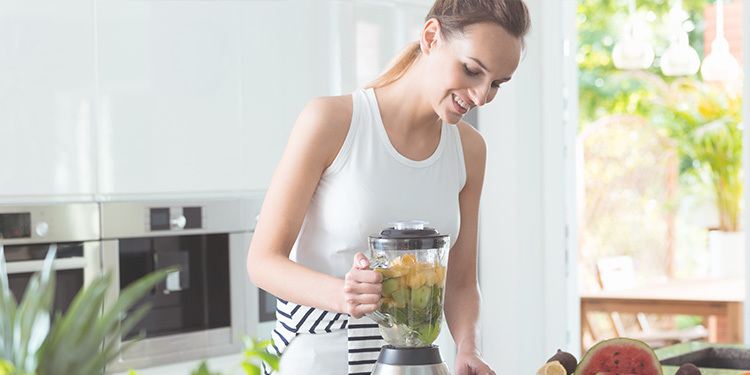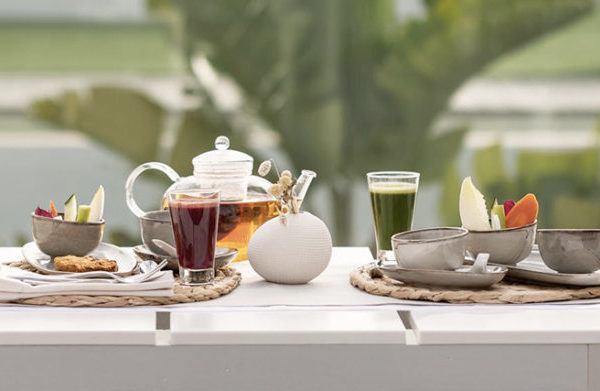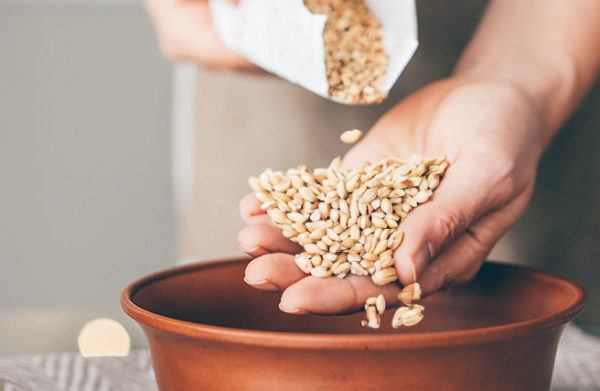
SHA Magazine Healthy Nutrition
Why are juices good for you and when to have them
There is a tendency to think that if a food is good for some, it should be good for all. This category includes juices and smoothies. The question is to discern: when to drink them and why.
It is a stellar drink for many reasons because it is effortless to make, everyone usually likes it, and it is prepared from fruits and vegetables, foods that are very well considered from the official guides of healthy eating. But it is not a question of raising the banner of the counterculture and claiming that juices are not so good, but instead giving them their place in the world of healthy eating.
Juices have some properties that will go very well in some cases and not so well in others. Mario López, expert in Nutrition at SHA Wellness Clinic, helps us to discern both situations to know how to choose.
Including juices in the diet would increase their health factor when:
- We are not taking in enough calories: in this case, juices provide calories because of the sugar content of the fruit.
- We are not drinking enough liquids: juices provide water from the food we use and the water we use in their preparation.
- We do not eat enough vegetables in quantity and variety: with juices, we manage to take some of the nutrients from foods that we would not possibly consume otherwise.
- We take too much meat, eggs, cheese, flour (bread, pizza, pasta) or sweets: the juices compensate, as far as possible, unbalanced eating patterns manifested through excess animal products and insufficient fruits and vegetables.
- We have mineral and vitamin deficiencies: the richness of juices in minerals and vitamins, the primary nutrients of fruits and vegetables, rectifies possible deficiencies.
- We are experiencing moments of stress: the sugar in the juices helps to produce a momentary calming effect, as stress produces hypoglycemia.
- We want to reduce addiction to sugar or sugary products: the first step for someone who wants to overcome their addiction to sugar would be to replace less healthy foods, such as industrial bakery products, with other less processed “sweets”, such as juices.
- We spend a lot of time in the sun: being under the influence of the sun will lead to dehydration, which will result in the consumption of water and electrolytes, nutrients that can be found in juices.
- We do an intense physical exercise: the physical activation of our organism requires complete rehydration afterwards and rapid absorption of carbohydrates, such as the sugar naturally contained in the juices.
“In these cases, the juices are a tool to make a healthier diet, contributing to improving health conditions that can be caused or aggravated by a badly planned diet“, points out Mario López.
Including juices in the diet would not be so advisable when:
- We already drink a lot of vegetables (500 g or more per day) and fruits (600 g or more per day).
- We don’t abuse animal foods, but we have a diet that is very close to vegetarianism.
- Our blood sugar is high (diabetes or pre-diabetes).
- We have intolerance/allergy to some of its primary nutrients: fructose, vitamin C or some specific food. For example, there are people with allergies to bananas, beets, etc.
“In these circumstances, including juices in the diet would not make it healthier, although in some cases we could include them as a way of giving variety to the type of dishes on the menu,” explains Mario López.





